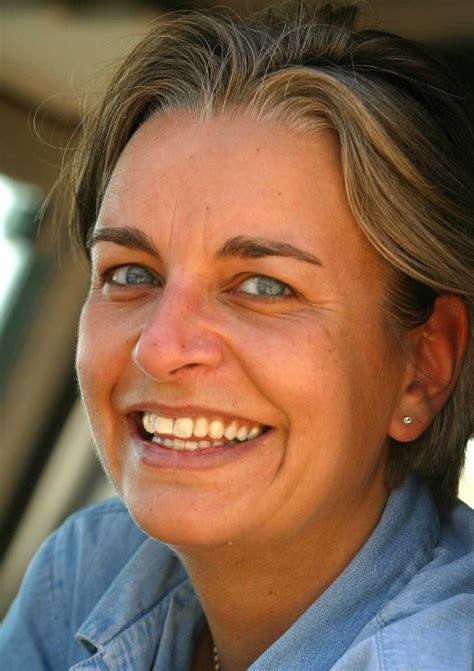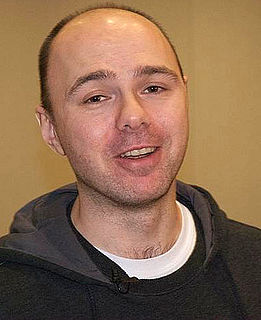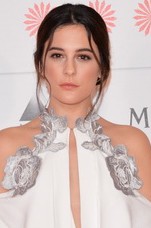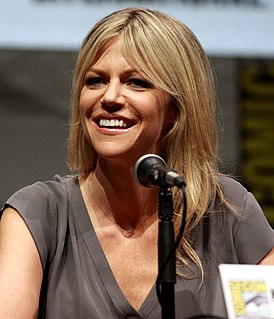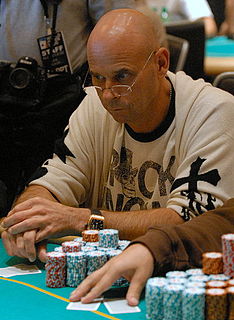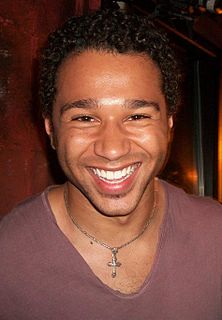A Quote by Dario Argento
I think the camera was always my obsession, the camera movements. Because for me it's the most important thing in the move, the camera, because without the camera, film is just a stage or television - nothing.
Related Quotes
Film, television, and working with a camera is such an intimate art form that if a camera is right on you, and I've got your face filling the screen, you have to be real. If you do anything that is fake, you're not going to get away with it, because the camera is right there, and the story is being told in a very real way.
The camera course was a bit crap. But when I was in drama school, I wasn't interested. I wanted to be a stage actress. I was not interested in learning camera craft. But then you throw yourself in the deep end when you do get a job in front of the camera because you have absolutely no idea what you're doing, and it is a skill.
I have received the digital camera as a blessing. It has really changed my life as a filmmaker, because I don't use my camera anymore as a camera. I don't feel it as a camera. I feel it as a friend, as something that doesn't make an impression on people, that doesn't make them feel uncomfortable, and that is completely forgotten in my way of approaching life and people and film.
The difference between an amateur and a professional photographer is that the amateur thinks the camera does the work. And they treat the camera with a certain amount of reverence. It is all about the kind of lens you choose, the kind of film stock you use… exactly the sort of perfection of the camera. Whereas, the professional the real professional – treats the camera with unutterable disdain. They pick up the camera and sling it aside. Because they know it’s the eye and the brain that count, not the mechanism that gets between them and the subject that counts.
The camera has a mind of its own--its own point of view. Then the human bearer of time stumbles into the camera's gaze--the camera's domain of pristine space hitherto untraversed is now contaminated by human temporality. Intrusion occurs, but the camera remains transfixed by its object. It doesn't care. The camera has no human fears.






